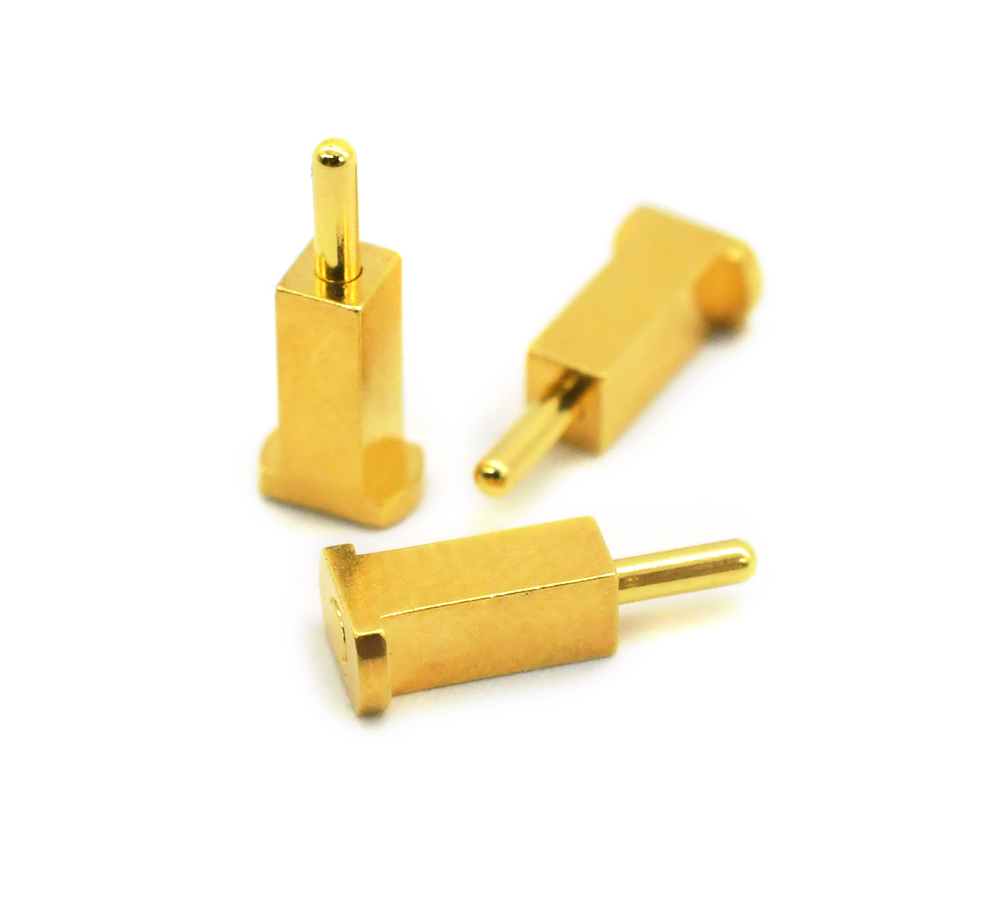Time:2025-09-04 Views:1 source:News

Resistance probes are essential instruments used for measuring the electrical resistance of materials, components, or circuits. Resistance is a fundamental electrical property that quantifies how much a material opposes the flow of electric current. By accurately measuring resistance, engineers, scientists, and technicians can assess the quality, functionality, and performance of a wide range of electrical and electronic devices.
The basic principle behind resistance probes is based on Ohm's Law, which states that the resistance (R) of a conductor is equal to the voltage (V) across it divided by the current (I) flowing through it (R = V/I). Resistance probes typically work by applying a known voltage across the object under test and then measuring the resulting current. From these measurements, the resistance value can be calculated. There are different types of resistance probes, each designed for specific applications and measurement ranges.
Two - wire resistance probes are the simplest type. They consist of two wires connected to the object whose resistance is to be measured. One wire supplies the current, and the other measures the voltage drop across the object. However, two - wire probes can introduce measurement errors due to the resistance of the wires themselves, especially when measuring low - resistance values or over long distances. To overcome this limitation, four - wire resistance probes are used. In a four - wire probe, two wires are dedicated to supplying the current, while the other two are used solely for measuring the voltage. This configuration eliminates the effect of wire resistance on the measurement, providing more accurate results, especially for low - resistance measurements.
Resistance probes find extensive use in various industries. In the electronics manufacturing industry, they are used to test the resistance of resistors, integrated circuits, and printed circuit boards (PCBs). By measuring the resistance of components, manufacturers can ensure that they meet the required specifications and identify any defective parts. In the automotive industry, resistance probes are employed to check the integrity of electrical connections, such as those in batteries, alternators, and sensors. They can also be used to measure the resistance of heating elements in vehicles, ensuring proper functionality.
In scientific research, resistance probes are crucial for studying the electrical properties of materials. For example, in materials science, researchers use resistance probes to investigate how the resistance of a material changes with temperature, pressure, or the presence of impurities. This information helps in understanding the fundamental behavior of materials and developing new materials with desired electrical characteristics. As technology continues to advance, resistance probes are becoming more accurate, portable, and capable of measuring a wider range of resistance values, further expanding their applications in various fields.
Read recommendations:
Magnetic connector for fast delivery
American standard to Tesla adapter (new model)
Pogo Pin connector for automotive wireless communication module
Magnetic self-aligning drone pogopin with ±2mm blind insertion tolerance for quick battery swapping